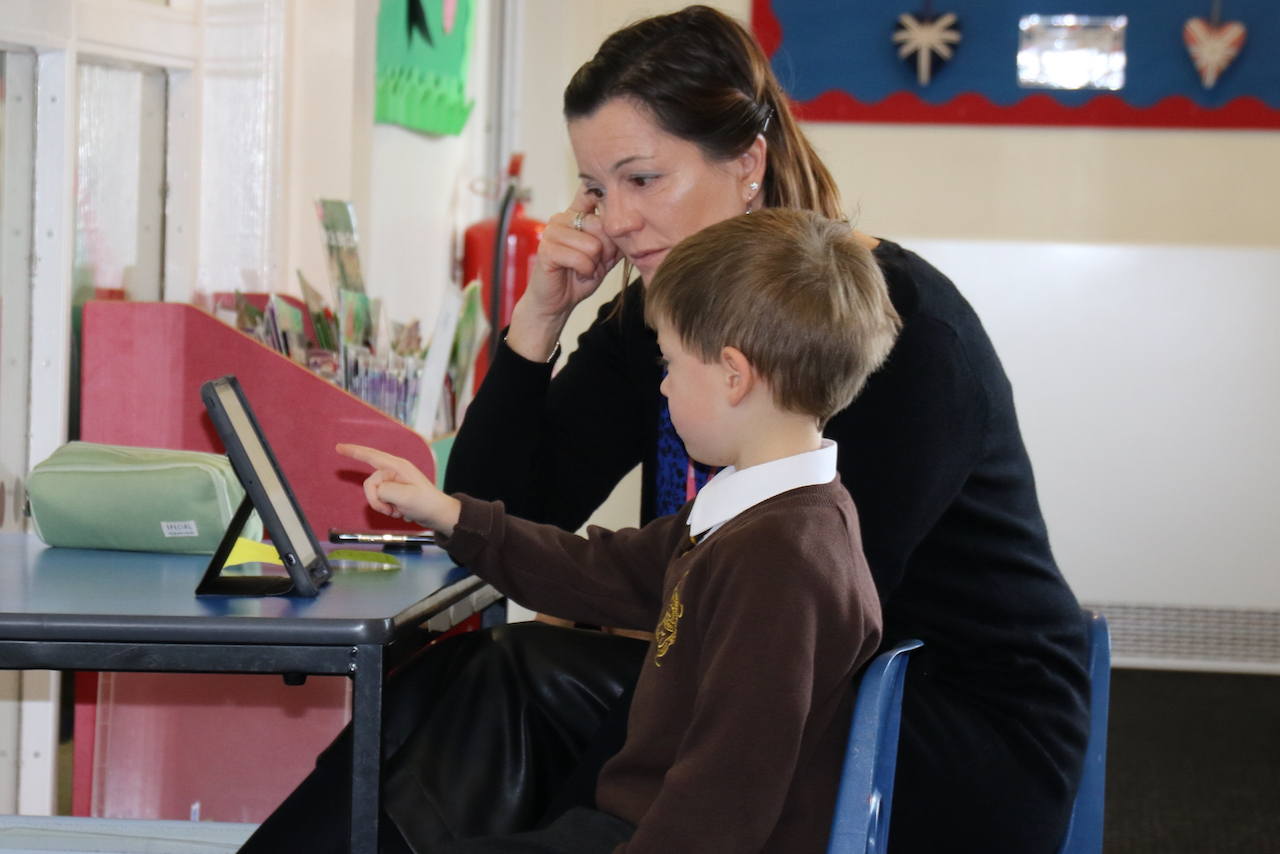Computing

Curriculum Intent
At St Mary and All Saints, we ensure the teaching of Computing develops children’s fascination and curiosity by equipping them with skills to develop their computational thinking and creativity to understand the world. We aim to give our pupils the life-skills that will enable them to embrace and utilise new technology in a socially responsible and safe way to flourish. We want children to become autonomous, independent users of computing technologies, gaining confidence and enjoyment from their activities. Not only do we want them to be digitally literate and competent end-users of technology, but through our computer science lessons we want them to develop creativity, resilience and problem-solving and critical thinking skills. We want our pupils to have a breadth of experience to develop their understanding of themselves as individuals within their community but also as members of a wider global community and as responsible digital citizens. High quality computing equips pupils to use computational thinking and creativity to understand and change the world (The National Curriculum 2014).
In line with the National Curriculum for Computing, our intent is that all pupils:
- Can understand and apply the fundamental principles and concepts of computer science, including abstraction, logic, algorithms and data representation
- Can analyse problems in computational terms, and have repeated practical experience of writing computer programs in order to solve such problems
- Can evaluate and apply information technology, including new or unfamiliar technologies, analytically to solve problems
- Are responsible, competent, confident and creative users of information and communication technology.
